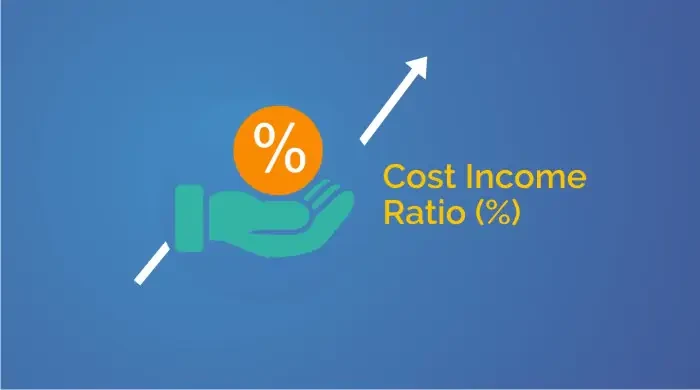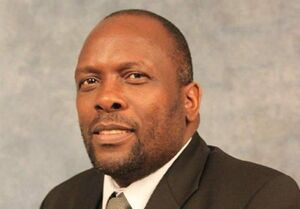
More than eight months after Occupy Wall Street (OWS) burst onto the global stage, decrying income inequality and coining the phrase “We are the 99%,” the movement’s survival and continued relevance is far from assured. Donations to the flagship New York chapter have slowed to a trickle. Polls show that public support is rapidly waning. Media attention has dropped precipitously.
Bursts of violence, threats of municipal chaos and two alleged domestic terror plots have put OWS on a recurring collision course with law enforcement.
Even its social media popularity, a key indicator of the strength of a youthful movement, has fizzled since its zenith last fall.
National electoral successes — the legacy of the Tea Party, the other major American grassroots movement created in recent years — are not even on the agenda of the famously leaderless organisation.
While the movement’s signature triumph has been to draw worldwide attention to income inequality in America and elsewhere, some who are sympathetic say it has nevertheless failed a crucial test of social movements; the ability to adapt and grow through changing tactics.
“Most of the social scientists who are at all like me — unsentimental leftists — think this movement is over,” said Harvard University professor Theda Skocpol, a liberal academic who wrote a book on the Tea Party.
She and others wonder whether OWS will ever really thrive without solid footing in the mainstream of American political discourse.
Bill Dobbs of OWS’s Press team takes a different view. He compares the OWS struggle to that of America’s civil rights movement – long and uphill, with broad goals to radically alter American society. The first step, he said, has been to re-animate America’s long-dormant spirit of social activism. “We in America have allowed ourselves to be put into a political coma,” Dobbs said. “Occupy Wall Street has shaken the country out of that coma.” But are sporadic protests enough to change the nation?
- Chamisa under fire over US$120K donation
- Mavhunga puts DeMbare into Chibuku quarterfinals
- Pension funds bet on Cabora Bassa oilfields
- Councils defy govt fire tender directive
Keep Reading
Skocpol identified what she said were several key differences between the Tea Party and OWS. She said Tea Party activists are generally 45 and older, with many in their 60s; they moved swiftly from organising rallies to participating in local and national electoral politics and established local chapters, each with its own leader.
By contrast, the OWS movement is populated by mostly younger activists who eschew traditional politics and have resisted top-down organisation. Instead, she said, they focused on encampments, which left them vulnerable to dissolution after they were evicted from their tent cities.











